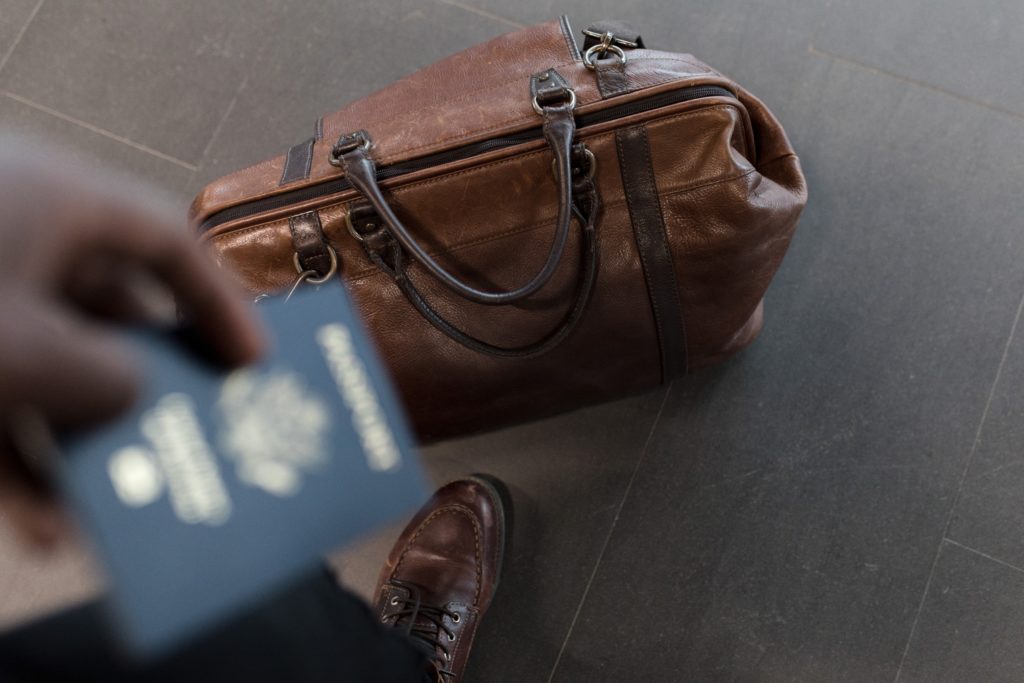Nurses, welders, heavy machinery operators, ship crew members, hotel and restaurant workers, plumbers, carpenters, caregivers, and domestic helpers are some of the skilled workers that the Philippines “exports” to other countries, such as Saudi Arabia, Egypt, and America. They include white-collar professionals, including doctors, economists, computer experts, engineers, and researchers. Some have high-paying jobs in private companies. Others work for multilateral aid and development agencies like the World Bank or the UN.
The Philippine Overseas Employment Administration (POEA) is the government agency that oversees all aspects related to Overseas Filipino Workers (OFW), from regulating private companies providing manning and other recruitment services to the protection of their rights.
This is a modern-day diaspora laden with sacrifices. Fathers separated from wives. Mothers separated from their children. All in the hope of earning better than what they otherwise would in their own country.
Fortunately, you’re single. You’ve been languishing at a small private hospital as an ER nurse for the past two years. You’ve finally submitted to an accredited recruitment firm, your resume, and other requirements. But you’re still asking yourself if you are ready. What’s the process like? What is in store for you on this new journey? Here are some pointers:
Background on OFWs
The Philippine Statistics Authority estimates that 2.3 million OFWs are working around the world in 2018. 96.2% are considered working with contracts while the remaining 3.8% are without contract.
Before you leave, make sure that you are part of 96.2%. The total remittance of OFWs to the Philippines was $2.9 billion for the period up to May 2019. This roughly constitutes10% of the country’s GDP.
Secure Your Employment
Do not leave the country if you are not certain that you have a job or a contract. You do not want to find yourself in a bad situation. The horrors stories of abuse are just not worth it.
Do your background check of the recruiting firm or of the company that’s directly hiring you. Local authorities servicing OFWs also provide orientation, training, and seminars to help you in the process.
Safeguard Your Documents
Rule No. 1: YOU are the only one who should keep your passport. Your employer or any other entity does not have the right “to hold hostage” your passport for whatever reason. Do not believe in tales that your employer needs to keep your passport for the duration of your working tour.
Make sure that your passport has the right visa. You could be tasked to do this on your own, or you could be assisted by your recruitment firm or by representatives of the company that hired you. Either way, be clear about the visa that will be issued to you.
Prepare for the Challenges
You fear the unknown. Life in another country without your typical support from family and friends.
The beginning will be hard. Homesickness will hit you in the head and heart like a heavy brick. But you will overcome it. Be open to meeting new friends, both locals and your countrymen. They will be your new support. It will be different, but you will find a way to make it work.
Start overcoming challenges like homesickness and boredom before your departure. Be strong mentally so that you can focus on your goal: to work and earn money.
These are just general ideas that can guide you. Other online sources can provide you with a more comprehensive list. Make sure that you review them.

